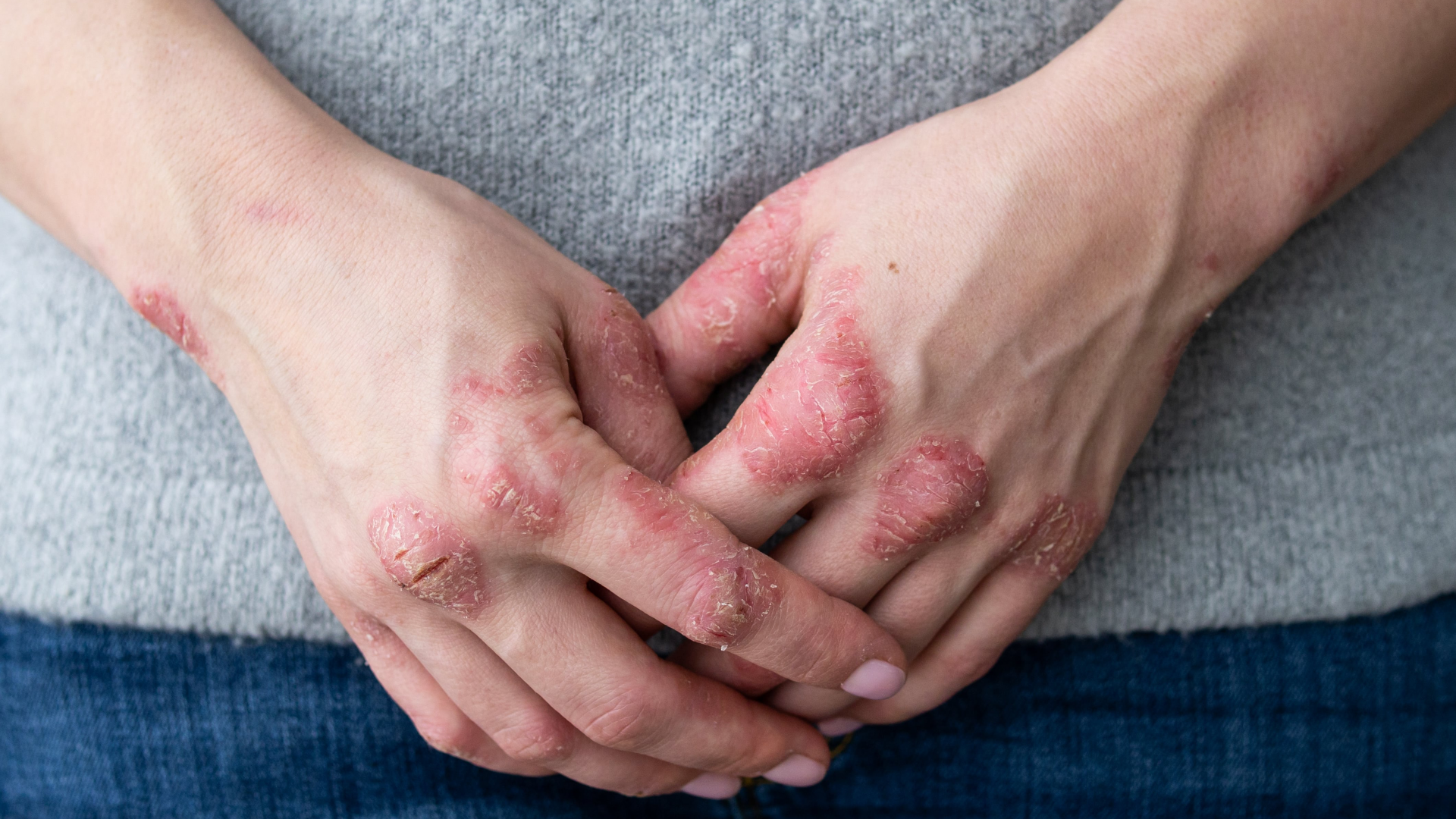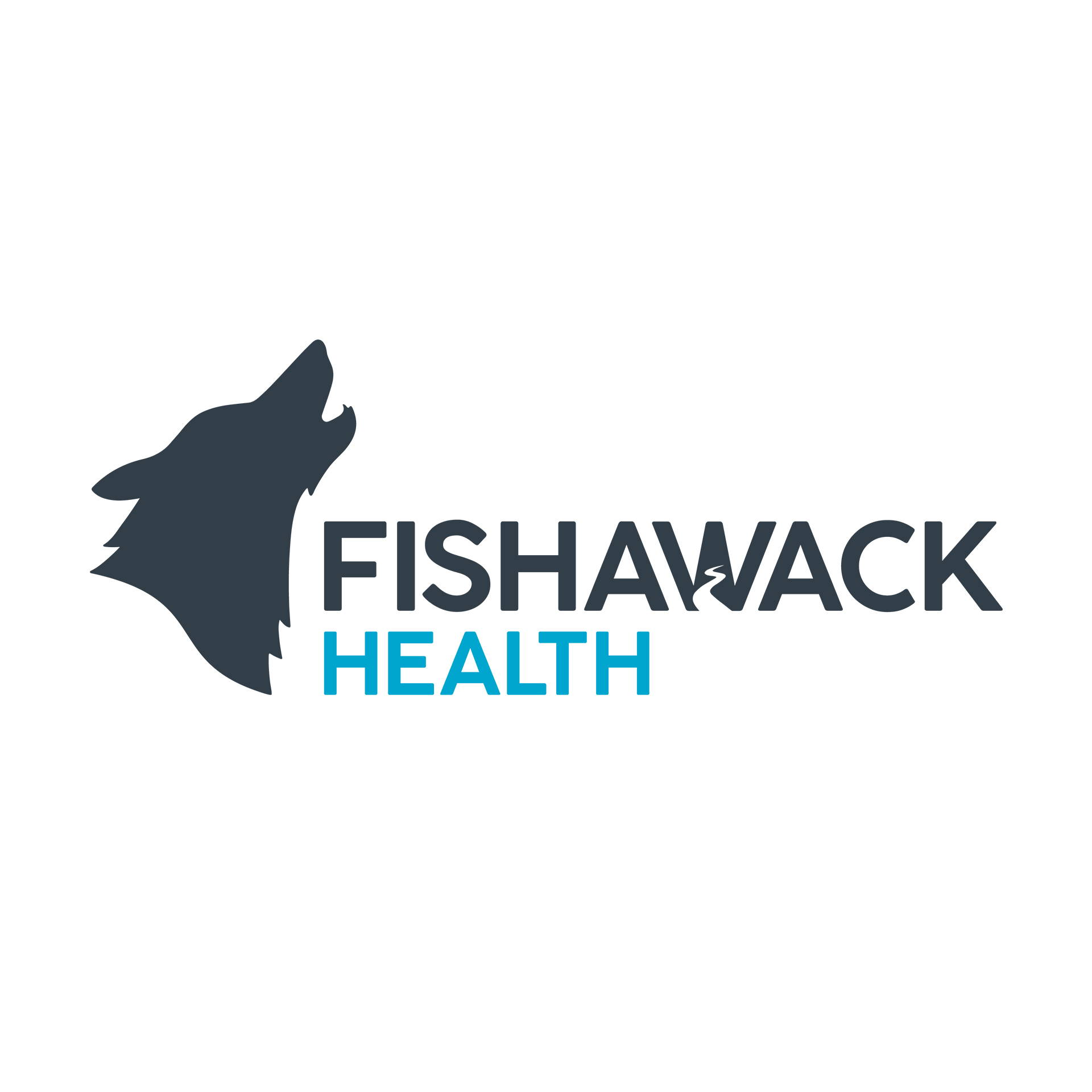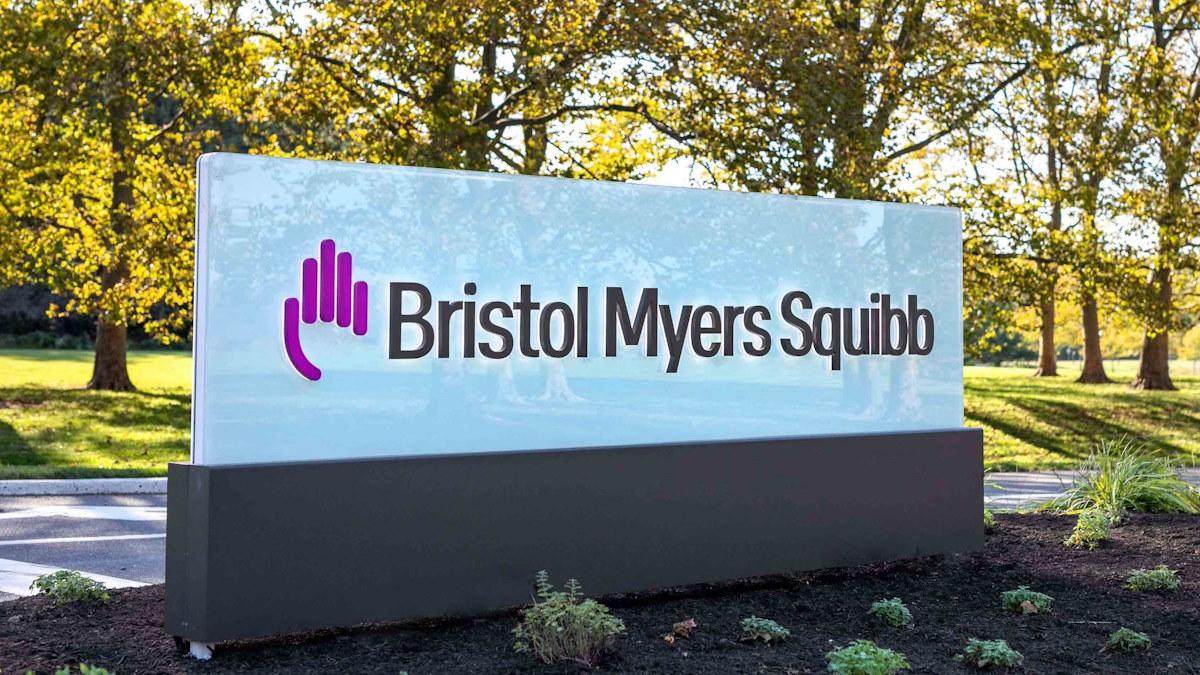The key to psoriasis innovation? Dispelling the shadow of the JAK inhibitor

During the last two decades, the landscape for psoriasis treatment has exploded. The advent of biologic therapies at the turn of the millennium and the subsequent development of T-cell targeted therapies and tumor necrosis factor (TNF) inhibitors have given patients therapeutic options beyond traditional treatments such as topical steroids, tar preparations, oral systemics, and light therapy. Suddenly, those with more severe psoriasis had safer and more effective treatment options that delivered the life-changing potential for clear skin.
Today, some of the most innovative therapies in development are Janus kinase (JAK) inhibitors, and the latest ‘game changer’ Tyrosine kinase 2 (TYK2) inhibitors.
The healthcare press has described TYK2 inhibitors as having the potential to revolutionize psoriasis treatment. The inhibitors work by blocking the action of TYK2 and preventing the downstream signalling effects of cytokines IL-12, IL-23, and type I interferons, thereby clinically improving psoriatic plaques.
In contrast to many existing treatments for more difficult-to-control forms of psoriasis which are intravenous, TYK2 inhibitors– like Bristol Myers Squibb’s deucravacitinib (BMS-986165) –are being trialled as oral medications, which could vastly improve the patient experience.The results of the deucravacitinib Phase 3 studies caused a stir across the industry. A significant number of patients achieved a Psoriasis Area and Severity Index (PASI) 75 response, which means the patients score on the index dropped by 75%, and a static Physician’s Global Assessment Score of clear or almost clear (sPGA 0/1).
In a disease where the impact on patients’ quality of life has been likened to other chronic illnesses, like diabetes and coronary heart disease, the impact of these novel treatments could be ground-breaking. However, despite the increasing number of treatments available, a survey by the U.S National Psoriasis Foundation found 52% of patients with psoriasis are dissatisfied with treatment. In addition, recent data show moderate and severe psoriasis are often undertreated with more than 50% of patients prescribed only topical therapies.
So, if striving for clear or almost clear skin is a realistic treatment goal, why are healthcare professionals refraining from prescribing more efficacious treatments, and what does this mean for yet-to-be approved TYK2 inhibitors?
Download the full article to:
- Explore the treatment landscape
- Learn about the barriers keeping healthcare professionals from prescribing treatments beyond topicals
- Find out about strategies for driving uptake of novel psoriasis therapies.












